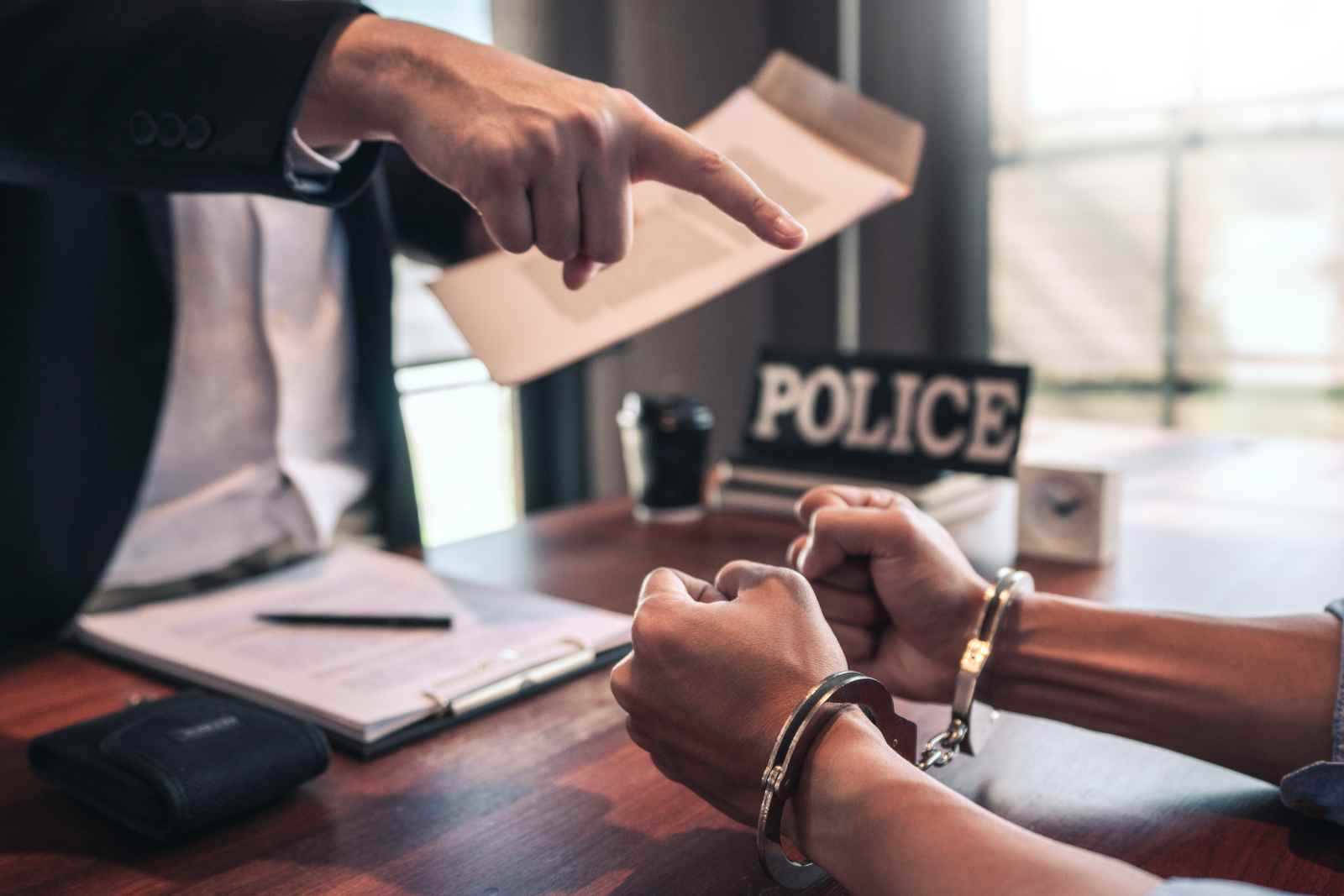How to Handle Police Interrogation
Rights During Interrogation in Canada
In Canada, unless you are a minor, you are not entitled to have a lawyer present during a police interview. It will be just you and the officers. If the police ever question you, you must know your rights. You have the right to remain silent, and you should exercise that right if you are uncertain of what to say. It is best to not say anything at all rather than say something that could be used against you later on. So even if a police officer tries to engage you in small talk, it is best to stay silent.
Everything You Say Can Be Used Against You in Court
Did you know that everything you say to the police can be used against you in court? Even if you’re innocent or don’t confess to a crime, your words may come back to haunt you. For example, let’s say you tell the police that you remember going to a game the day before speaking with them. That might seem like a benign comment. But two years later, when your case goes to trial, the prosecutor could ask you what you did the day before you spoke to the police. If your answer is different from what you said originally, it could be seen as an inconsistency and cause doubts in the minds of the judge or jury. So be careful what you say to the police because it could all be used against you in a court of law.
When Can You Talk To a Lawyer?
If you have been charged with a crime, you have the right to speak with a lawyer before being interviewed by the police. If your circumstances change during the interview, you can also request to speak with a lawyer.

The Police Can Continue Questioning You Even if You Remain Silent
The police may spend hours attempting to get you talking. Here are some common tactics they use:
- The police may trick you into talking by asking leading questions. For example, they might say, “Didn’t you see the stop sign?” when they know you didn’t. Or they might say, “We have evidence that you were speeding, “but they don’t have any proof.
- The police may try to intimidate you into talking. They might shout at you or threaten to arrest you if you don’t answer their questions.
- The police may try to control your emotions to get you to talk. For example, they might act like your friend and try to sympathize with you. Or they might act like they are disappointed in you and try to guilt you into talking.
- The police will often tell you that there is a logical explanation for the case, but this is usually not the truth.
- When officers are engaging in small talk with you, they may be trying to make you feel comfortable. However, their intention is not necessarily to be friendly.
If you are ever questioned by the police, it is important to know your rights. The police may try to get information from you in many different ways, so it is crucial to seek legal advice before speaking to them.
Contact Calvin Barry now and get the help you need.
Contact Calvin Barry Today.
Contact an experienced criminal defence lawyer in Toronto to fight for your case.